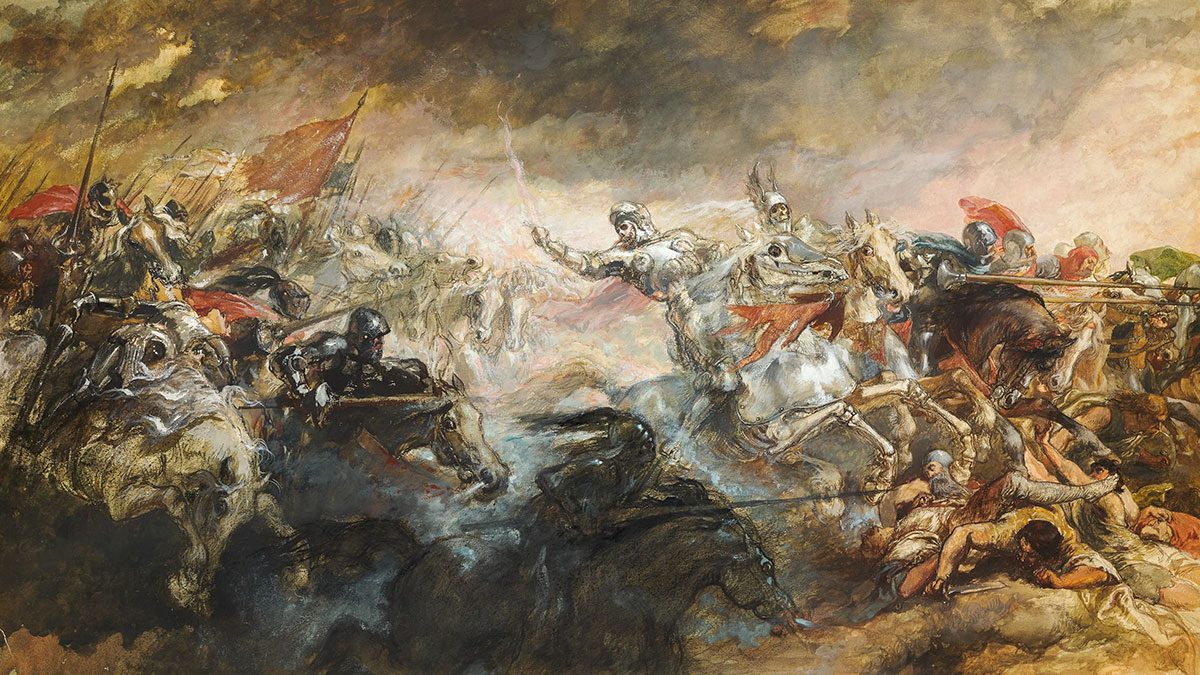J. Edgar, I Hardly Knew Ya
You will never hear an economist argue that increases in productivity are bad. But where do you think the government ever got all that nifty surveillance technology from? From the surveillance industry, of course. If you’re wondering why there was no surveillance industry in 1917 (Pinkertons, yes! police spies, yes!), it’s because the capitalist class then didn’t have all the lovely surplus value floating around looking for investment opportunities that it does now. All the wages employers figured those overpaid workers didn’t need have gotten funneled increasingly into first building a National Security State and then developing an elaborate Riot Control Establishment to enforce it.
Why did “international terrorism” waste no time in replacing “international communism”? If capitalists could be sold on fearing terrorists who lurked in the closet, they could paradoxically be assured of a secure market for a brand-new industry. Adam Smith would probably have given the National Security State a thumbs up.
The newest market for investing extra capital, it turns out, is policing students:
In the old days, you might have called in the National Guard. Nowadays, all you need is an FBI-trained, federally funded and “less lethally” armed campus police department. [Michael Gould-Wartofsky, “Repress U, Class of 2012” in Z Magazine June 2012]
Even in 1968 it wasn’t like this. As New York’s Police Commissioner Ray Kelly smugly pointed out in a recent speech, “If terrorists aren’t limited by borders and boundaries, we can’t be either.” That of course explains why the U.S. began training and bankrolling the mujahideen in Afghanistan back in 1979. Globalizing capital never needed international terrorists to teach it any lessons.
Fear itself is no longer the only thing to fear; now that capitalists have definitively overturned the New Deal and squashed Vietnam Syndrome, what we really have to be afraid of these days is a national security state funded by powerful psychopaths who make a show of cringing in their bunkers as they step up their attacks on the working class.
War? What War? Oh, That War!
You already know that science and technology under capitalism are not a free lunch. But were you prepared for the dessert? A Lockheed Martin ad in the April 2013 Scientific American tersely informs us that something it is the proud proprietor of, called Synthetic Aperture Radar (SAR), “helped win the cold war” and “now fights hunger.”
War is so much part of the sinew of capitalism that the capitalist class cannot easily distinguish between war and peace. The ad invokes a disquieting echo of Stanley Kubrick’s classic Dr. Strangelove with its psychotic air of nonchalance:
In 1951, a flash of inspiration made it possible to see in the dark. Arizona engineer Carl Wiley had invented Synthetic Aperture Radar (SAR), and the modern era of reconnaissance along with it. Providing detailed images from the SR-71, it left America’s Cold War adversaries with nowhere to hide. Today, SAR is a frequent flyer on satellites, drones and NASA missions. It’s even helping scientists forecast crop yields in the global fight against hunger. The SAR story is our story.
Those of us who don’t suffer from memory rot will recall how companies like General Electric provided strategic materials to North Vietnam’s ally, the Soviet Union, at the height of the “cold war.” But Lockheed Martin, which boasts “100 years of accelerating tomorrow,” apparently notices no important differences between real war that kills people and make-believe rhetorical war that feeds them. Provided they are not (yet), or until such time as they are no longer, Our enemies. (And, oh yes, don’t forget the do-re-mi!) Lockheed also has warm feelings about working with NASA, thereby demonstrating a compass whose pointer is utterly mad.
Victims of drone strikes, likewise, will surely concede that leaving Our adversaries with nowhere to hide in today’s leftover war on “terror” is a regrettably necessary investment. To paraphrase Leonid Brezhnev in a speech he made in the 70s, those who profit from the machinery of war Thank You for the Big Bonus!
Fast-forward now to a world without capital, wages, money, poverty or war and try to resist kicking yourself for having been such a saint all those stupid, wasted years.
Peace Is Not The Answer, Either
“If war is not the answer,” writes Dianne Randall of the Friends Committee on National Legislation in an appeal for support, “what is?” Very good question. The answer she gives to it, unfortunately, is a bit lame.
You see, fostering real security — to end the poverty and injustice that fuels war — will take more investment in diplomacy, development and international cooperation. This is our shared challenge, what FCNL is working for, and why we need your support to end all the senseless killing and bloodshed.
Well, war is real enough. But do poverty and injustice fuel it? The notion that war is politics by other means suggests otherwise. The United States is not the first country to fight a war, and capitalism did not invent war. The high degree of socialization under capitalism, it is true, has required obtaining the approval or acquiescence of the working class in government policies designed to advance the interests of capital. These policies often imply going to war, and ever since Bismarck the working class has bought it.
War in the modern age is therefore born not of insecurity but of the interests of capital. This is not to say capitalists don’t also find it in their interest to foster anxiety and insecurity at large. Capital itself creates poverty and injustice, likewise as a matter of policy rather than from any motive so human as greed. A social order driven by capital is in fact utterly indifferent to things like human emotion and sets about crushing it with almost robotic enthusiasm. Aiming to end poverty and injustice under capitalism would if anything exacerbate both these features of capitalist society. There are no examples in recorded history, either, of putting an end to war.
The FCNL’s mission statement (“We seek a world free of war and the threat of war, a society with equity and justice for all, a community where every person’s potential may be fulfilled, an earth restored”) is not a real possibility in a world that still rides the capitalist tiger. All of these goals require common ownership of the means of production and distribution, and on a world scale.
Ms. Randall is only expressing a very commonly held misconception, that the problems of capitalism and civilization in general are in the end moral ones. Moral thinking emerged in the wake of the appearance of economic classes, and until the working class and anyone else who wants to join in recognize that the problem today is capital, we will all go right on living, as Randall puts it, in an age of great anxiety. Ø



